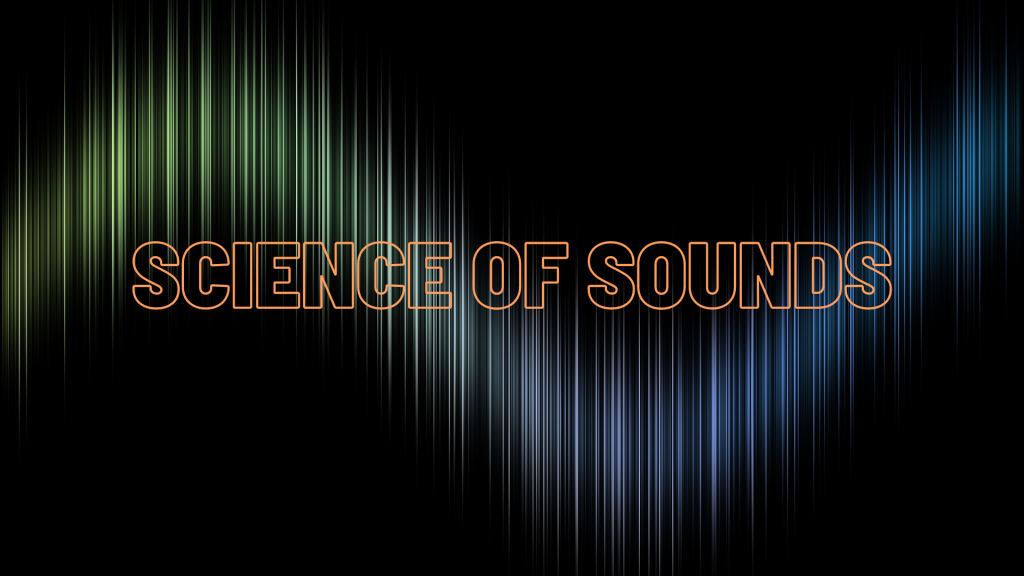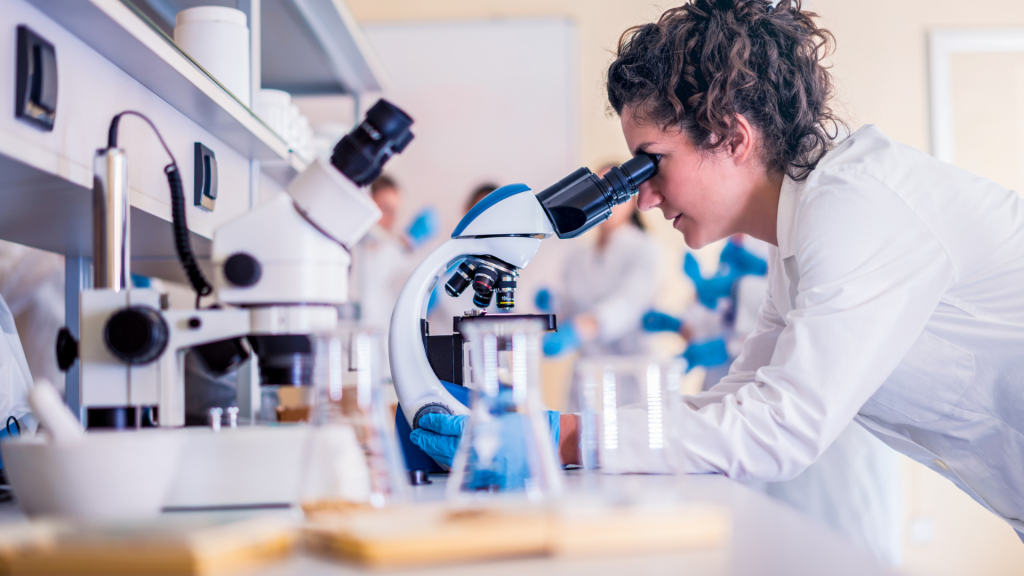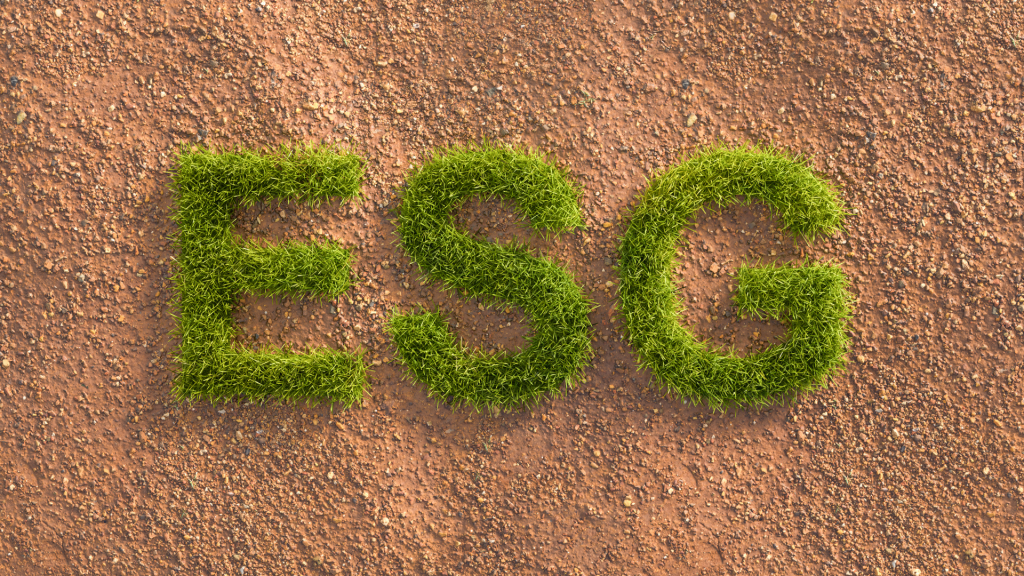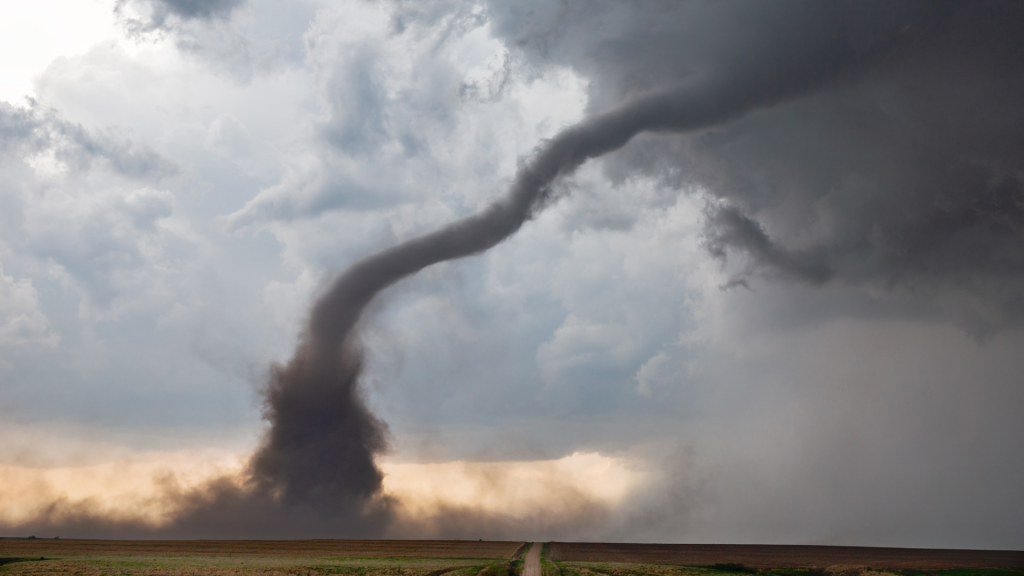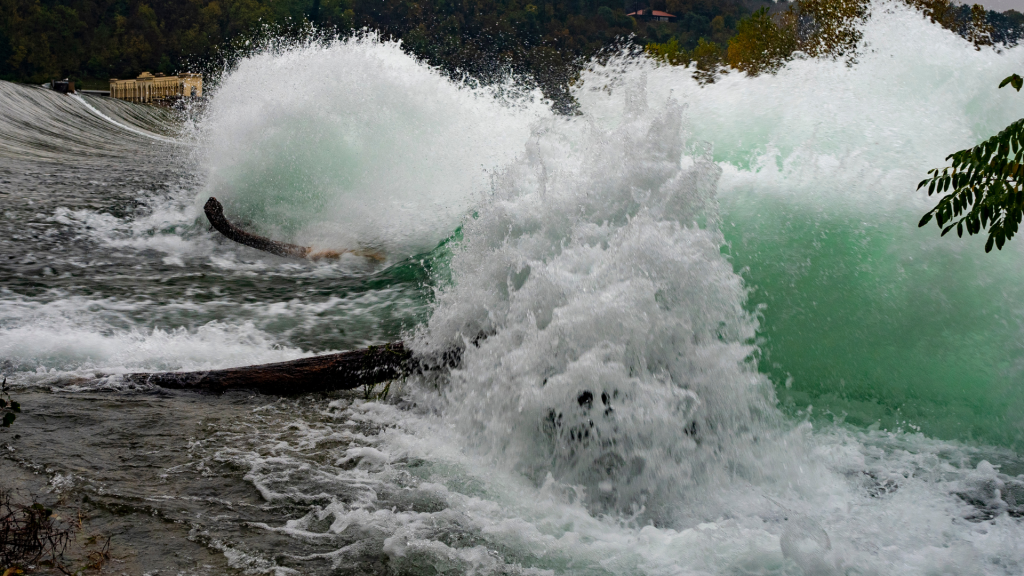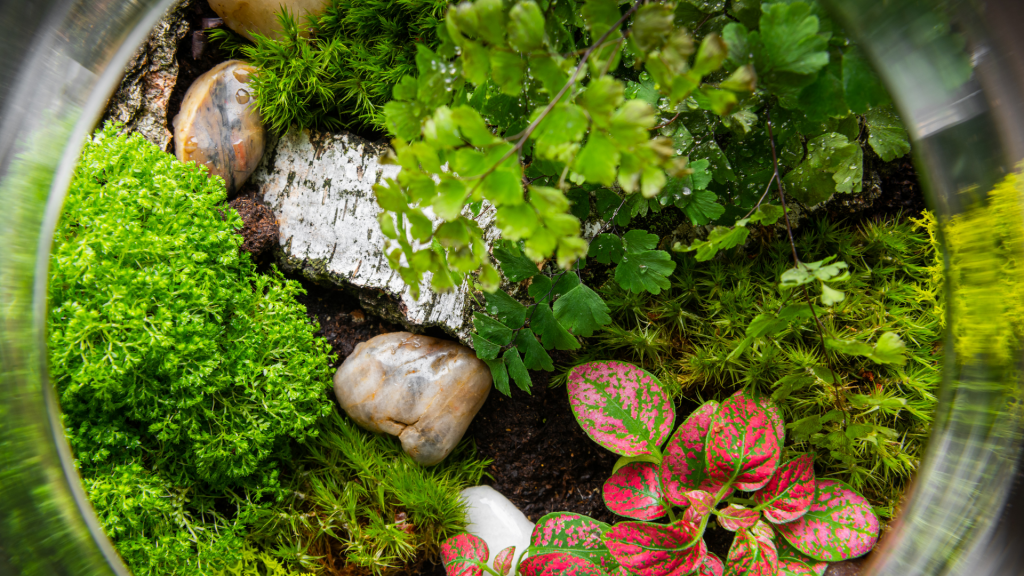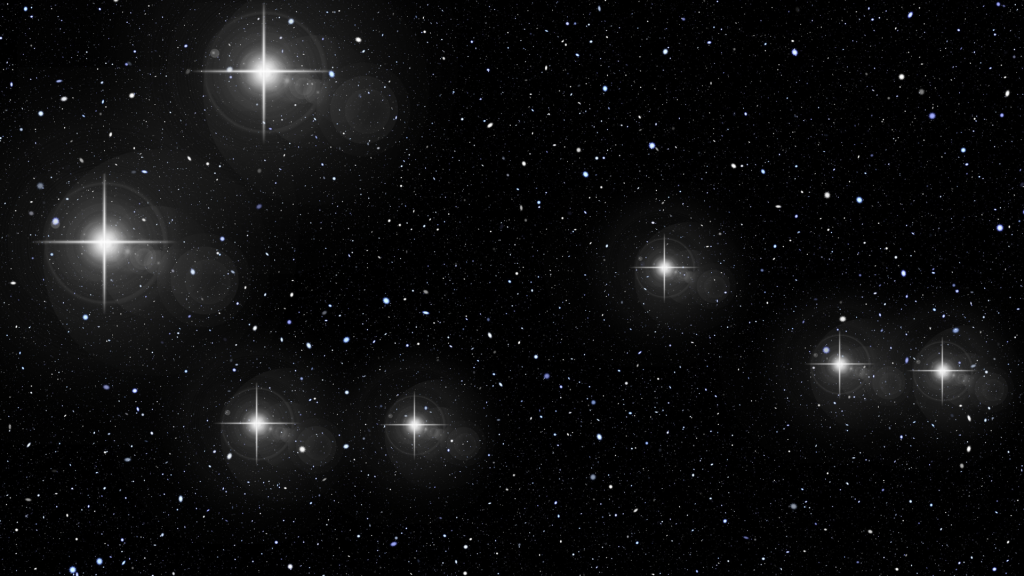Sound waves are created by the vibrations that occur in molecules. In this article, you’ll learn what makes up a sound, why it’s difficult to change someone’s voice without surgery, and why some sounds seem to have different meanings. What is Sound? Sound is a type of energy that travels through the air, or any […]
The 10 Most Famous Scientists In Human History
Fascination with science and technology poses many questions for society these days. How is scientific research done? Which scientists have been most impactful in the history of progress and human advancement? The vast expanse of the internet offers a wealth of resources that can help answer the above questions and not to mention, they can […]
How Science has Improved Education
Science has always been a part of education. From the days of early humans trying to make sense of the world around them to today’s more formalized education systems, science has always played a role. In recent years, however, the role of science in education has become even more important. With the advent of new […]
Is ESG Investing Good For You?
With so many options for where to invest your money, it’s no wonder investors are feeling a little overwhelmed. It seems that there are hundreds of investment options to choose from, but only a few make sense for your retirement. Investing in companies that do good in the world or that are socially responsible is […]
What Causes Tornadoes?
Tornadoes are incredibly common, and everyone knows they form when warm, moist air from upwind locations meets cooler, drier air from downwind locations. But do you know what causes temperatures at those locations to change so quickly that they cause thunderstorms that turn into tornadoes? What Are Tornadoes Tornadoes are caused by a strong wind […]
Are You a Mosquito Magnet?
Do you find that you are constantly being bitten by mosquitoes, even when everyone else around you seems to be spared? If so, you may be a mosquito magnet. While there is no scientific evidence to support the idea that some people are more attracted to mosquitoes than others, many people believe that it is […]
Most Common Natural Disasters
Natural disasters can strike at any time and place without warning. They can be catastrophic and cause widespread damage, loss of life, and displacement of citizens. The most common natural disasters include floods, hurricanes, earthquakes, and tornadoes. While it is impossible to predict when and where a natural disaster will occur, there are steps that […]
Does Marijuana Kill Brain Cells & Do Other Drugs Have the Same Effect?
Have you ever wondered if marijuana affects your brain and if other drugs may be better or worse? You may be interested in the findings.
marijuana, weed, drugs, human biology, brain cells, brain, science
What Are the Energy Flows in the Ecosystems?
In an ecosystem, energy is transferred from producers to decomposers. This energy exchange takes place through food chains and food webs. Producers, sometimes called primary producers, utilize sunlight to make food. Primary decomposers use energy from the sun to decompose dead plants or animals into simpler compounds. What Are the Ecosystems? An ecosystem is an […]
How Do Stars Die?
The night sky is one of the best places to observe some of the amazing worlds in our solar system, and some astronomers are even calling space tourism the next big thing, with people boarding space flights to visit distant worlds and star systems. Astronomy is the study of the universe and is done through […]

